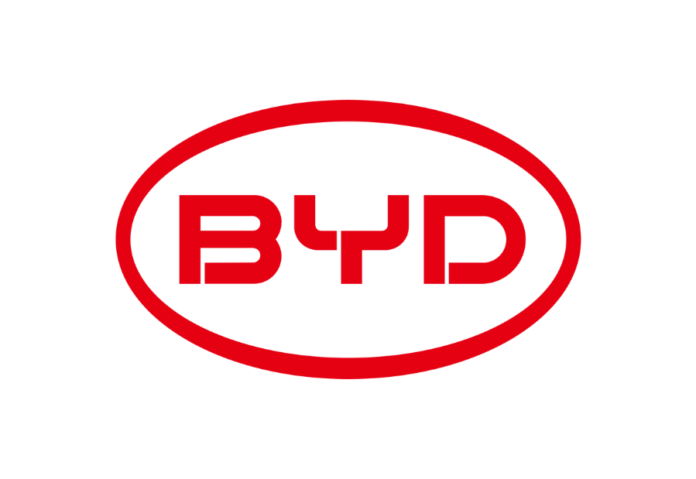China’s BYD debuted a new tab that features the newest plug-in hybrid technology, which lowers expenses and improves fuel efficiency.
China’s BYD (002594.SZ) unveiled a new tab on Tuesday, introducing the most recent plug-in hybrid technology that increases fuel efficiency and reduces costs. This will increase competition with companies like Volkswagen and Toyota, which still sell primarily gasoline-powered vehicles.
At a conference in the provincial capital of Shaanxi, Xian, BYD chairman Wang Chuanfu introduced the fifth generation of hybrid technology, which achieves a record low fuel consumption of 2.9 liters per 100 km (62.1 miles) on drained batteries.
In the city where the company’s first automaking factory was located, Wang stated that the technology can guarantee a driving range of 2,100 kilometers with a fully charged battery and a full gasoline tank.
Additionally, BYD introduced sedan versions of its Qin L and Seal 06 vehicles, with prices starting at 99,800 yuan ($13,775) and including the latest technology.
Compared to drivers of gasoline-powered vehicles, users of the new technology can save up to 9,682 yuan in annual fuel expenses, according to the company.
With models like the Qin Plus DM-i sedan and Song Plus DM-i SUV, BYD’s most recent generation of plug-in hybrid technology, which boasts a driving range of several hundred kilometers on batteries and a fuel consumption of 3.8 liters per 100 kilometers solely on the gasoline engine, has fueled the company’s rapid growth since 2021.
With cheaper prices and less fuel usage than gasoline versions like Lavida and Sagitar, Qin and Song outsold them in the mass market, drawing in cost-conscious Chinese consumers. The Chinese manufacturer lowered the prices of its plug-in hybrids by 10%–22% in the first quarter.
Despite its recent acceleration of its global expansion, BYD remains lagging behind multi-branded automakers such as Toyota (7203.T), Volkswagen (VOWG_p.DE), General Motors (GM.N.), and Stellantis (STLAM.MI) in terms of sales.
In foreign regions where governments impose lower trade barriers and tariffs, like Southeast Asia, Australia, and the Middle East, BYD and other Chinese electric vehicle manufacturers are offering a greater challenge to Japanese automakers.
On Tuesday, Toyota also unveiled its next-generation engines, which it claimed will work with biofuels and e-fuels to cut carbon emissions and improve car design by enabling lower hoods.
In contrast to Toyota’s Prius, which introduced hybrid technology in 1997, Chinese automakers are leading the way in plug-in hybrid vehicles, which have bigger battery packs and can run on energy for longer.
Also read: Unveiling the Ethical Imperatives: Navigating the Intersection of AI and Cybersecurity
Do Follow: CIO News LinkedIn Account | CIO News Facebook | CIO News Youtube | CIO News Twitter
About us:
CIO News is the premier platform dedicated to delivering the latest news, updates, and insights from the CIO industry. As a trusted source in the technology and IT sector, we provide a comprehensive resource for executives and professionals seeking to stay informed and ahead of the curve. With a focus on cutting-edge developments and trends, CIO News serves as your go-to destination for staying abreast of the rapidly evolving landscape of technology and IT. Founded in June 2020, CIO News has rapidly evolved with ambitious growth plans to expand globally, targeting markets in the Middle East & Africa, ASEAN, USA, and the UK.
CIO News is a proprietary of Mercadeo Multiventures Pvt Ltd.






